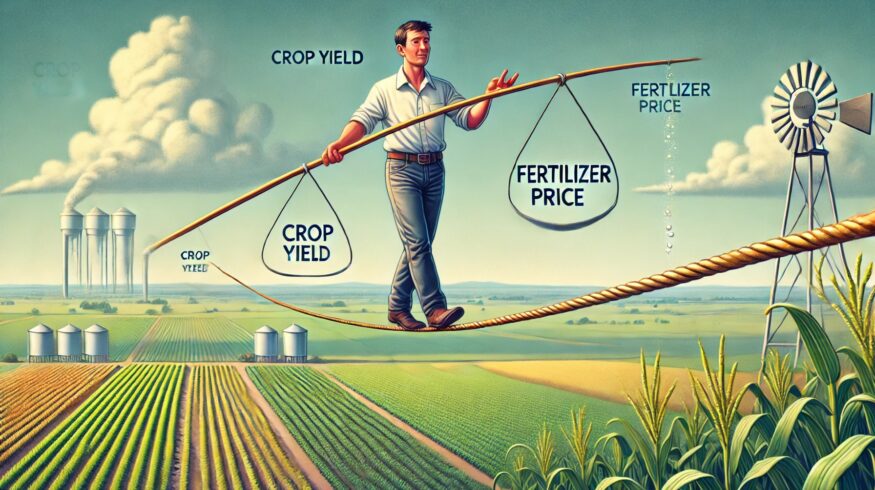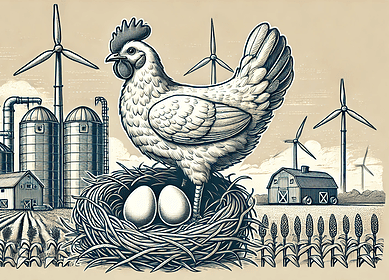Friday’s Insider: If fertilizers are expensive, can farmers skip their application?

The rising cost of fertilizers is a significant concern for farmers worldwide. These essential agricultural inputs play a crucial role in enhancing crop yields by providing necessary nutrients that may be lacking in the soil. However, when prices surge, the question arises: Can farmers skip fertilizer application without jeopardizing their crops?
Fertilizers supply plants with essential nutrients like nitrogen, phosphorus, and potassium, which are vital for their growth and productivity. Without adequate nutrient supply, crops may exhibit stunted growth, reduced yields, and poor quality. This can directly impact the farmer’s income and food supply.
Consequences of skipping fertilizer application
- Decreased yields: The most immediate effect of skipping fertilizers is a potential drop in crop yields. Insufficient nutrients can limit plant growth and reduce the overall productivity of the farm.
- Soil depletion: Over time, continuous cropping without replenishing soil nutrients can lead to soil degradation. Nutrients removed with each harvest are not replaced, resulting in nutrient-deficient soils that are less fertile.
- Pest and disease susceptibility: Crops lacking essential nutrients are often weaker and more susceptible to pests and diseases. This can lead to additional costs in pest management and potential losses in yield.
Alternatives to skipping fertilizers
While completely omitting fertilizer application is not advisable, there are strategies farmers can employ to mitigate costs and maintain soil fertility:
- Soil testing and precision agriculture: Conducting soil tests can help farmers understand the specific nutrient needs of their fields. Precision agriculture techniques enable the targeted application of fertilizers, ensuring efficient use and reducing waste.
- Use of organic amendments: Incorporating organic matter, such as compost or manure, can help improve soil fertility and structure. While not a direct replacement for mineral fertilizers, these amendments can supplement nutrient needs and enhance soil health.
- Crop rotation and cover cropping: Rotating crops and planting cover crops can naturally enhance soil fertility. Leguminous cover crops, for instance, can fix atmospheric nitrogen, adding valuable nutrients to the soil.
- Reduced application rates: In some cases, farmers might reduce fertilizer application rates rather than skipping entirely. This approach can provide crops with a minimum necessary nutrient supply while managing costs.
Conclusion
While the high cost of fertilizers can be a burden, skipping their application entirely is generally not advisable due to the negative impacts on crop yields and soil health. Instead, farmers should consider alternative strategies to optimize fertilizer use and explore sustainable practices to maintain soil fertility. By balancing cost concerns with the need to sustain agricultural productivity, farmers can navigate economic challenges without compromising their long-term viability.
————
About the Author of “Friday’s Insider”: Ilya Motorygin is the co-founder of GG-Trading and brings 30 years of experience to the fertilizer industry. Renowned for his comprehensive problem-solving skills, Ilya expertly manages deals from inception to completion, overseeing aspects such as financing, supply chains, and logistics.
Enjoyed this story?
Every Monday, our subscribers get their hands on a digest of the most trending agriculture news. You can join them too!















Discussion0 comments